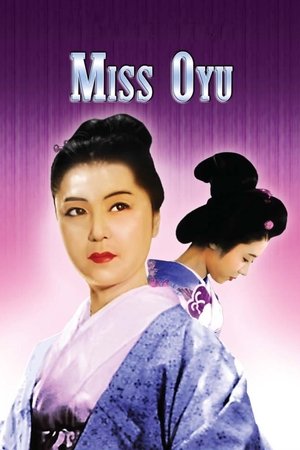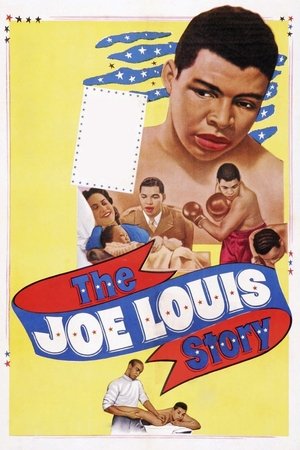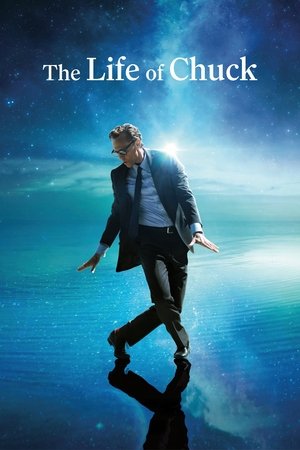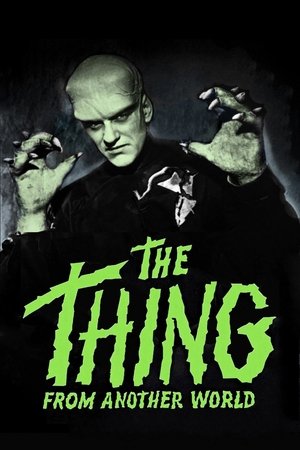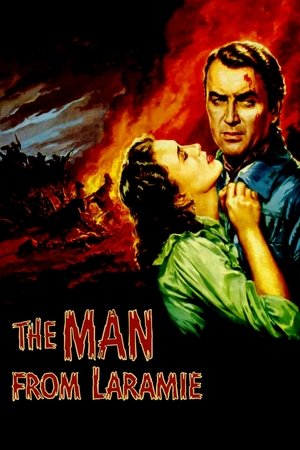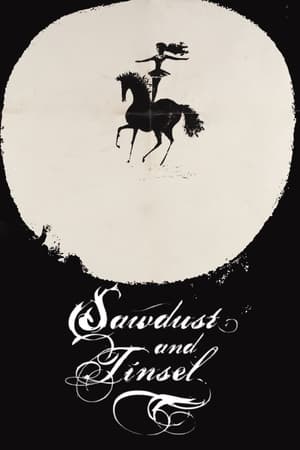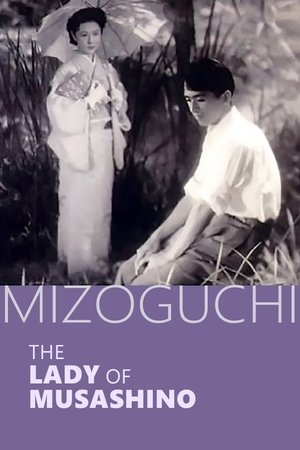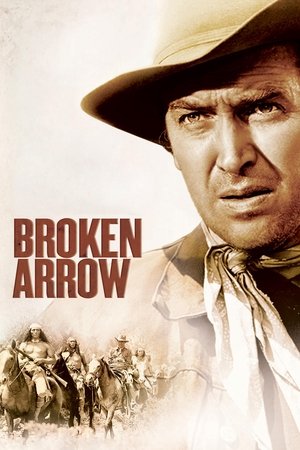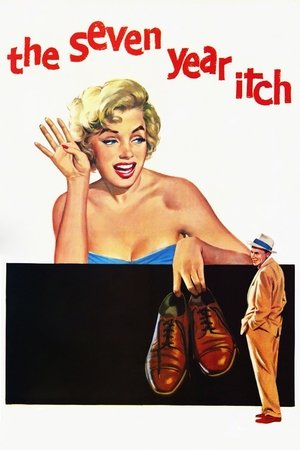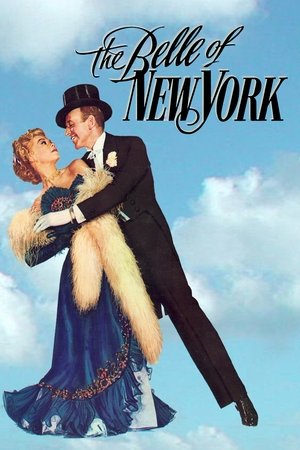Miss Oyu (1951)

| Director | Kenji Mizoguchi |
| Cast | Ayuko Fujishiro, Eijirō Yanagi, Eitarō Shindō, Fumihiko Yokoyama, Inosuke Kuhara |
| Year | 1951 |
| Country | Japan |
| Genres | Drama, Romance |
| Duration | 94 min |
| Release | 22 Jun 1951 |
| Language | 日本語 |
| Revenue | N/A |
| Trailer | Watch Trailer |
Synopsis
Shinnosuke is introduced to Shizu as a prospective marriage partner, but he falls in love with her widowed sister Oyu. Convention forbids Oyu to marry because she has to raise her son as the head of her husband’s family. Oyu convinces Shinnosuke and Shizu to marry so that she can remain close to Shinnosuke.
In the realm of classic Japanese cinema, few films capture the intricacies of love and societal expectations as poignantly as “Miss Oyu.” Directed by the legendary Kenji Mizoguchi, this 1951 masterpiece weaves a tale of forbidden love and sacrifice, set against the backdrop of rigid social norms. The film, based on a novel by Junichiro Tanizaki, delves into the emotional turmoil faced by its characters, offering a timeless exploration of human desires and societal constraints.
The story centres around Shinnosuke, a young man who is introduced to Shizu as a potential marriage partner. However, upon meeting Shizu’s widowed sister Oyu, Shinnosuke finds himself irresistibly drawn to her. Oyu, despite reciprocating Shinnosuke’s feelings, is shackled by societal conventions that forbid her to remarry. As a widow, her duty is to raise her son as the head of her late husband’s family, a role that demands her unwavering commitment and, consequently, her solitude. In a desperate attempt to remain close to Shinnosuke, Oyu persuades him and Shizu to marry, creating a complex web of emotions and relationships.
“Miss Oyu” is a film that meticulously captures the tension between personal desires and societal duties. Mizoguchi’s direction is sublime, capturing the subtle nuances of the characters’ internal conflicts. The film’s cinematography is equally captivating, with each frame carefully composed to reflect the emotional states of the characters. This attention to detail is a testament to Mizoguchi’s mastery in creating visually and emotionally compelling narratives.
The film boasts a stellar cast that brings depth and authenticity to the story. Kinuyo Tanaka, a frequent collaborator with Mizoguchi, delivers a powerful performance as Oyu, embodying her character’s inner turmoil with grace and nuance. Her portrayal of a woman torn between love and duty is both heart-wrenching and compelling. Nobuko Otowa, as Shizu, provides a touching portrayal of innocence and submission, while Yuji Hori’s Shinnosuke is a man caught in a moral quandary, torn between his heart and his obligations.
“Miss Oyu” is more than just a tale of forbidden love. It is a reflection on the societal expectations of post-war Japan, a period when traditional values were both challenged and upheld. The film’s exploration of these themes resonates even today, making it a timeless piece of cinema. For those interested in exploring this classic film further, a detailed overview can be found at Miss Oyu (1951)
On IMDb, “Miss Oyu” holds a commendable rating, reflecting its enduring appeal and the critical acclaim it has garnered over the years. The film’s enduring legacy can be attributed to its universal themes and the masterful storytelling of Kenji Mizoguchi, whose directorial finesse elevates the film to a work of art.
In terms of genre, “Miss Oyu” is best described as a romantic drama. However, it transcends the typical conventions of the genre by delving deeper into the societal and emotional intricacies that define the human experience. The film’s narrative is both simple and profound, a hallmark of Mizoguchi’s storytelling prowess.
For audiences today, “Miss Oyu” offers a glimpse into the complex interplay of love, duty, and societal expectations. It invites viewers to reflect on the sacrifices made in the name of love and the societal structures that often dictate personal happiness. As with many of Mizoguchi’s films, “Miss Oyu” remains relevant in its exploration of these universal themes, continuing to captivate audiences with its poignant narrative and evocative performances.
In conclusion, “Miss Oyu” is a cinematic gem that stands the test of time. Its exploration of love and duty, combined with exceptional performances and masterful direction, make it a must-watch for anyone interested in classic cinema. As viewers immerse themselves in the world of Shinnosuke, Shizu, and Oyu, they are reminded of the enduring power of love and the societal forces that shape our lives.

